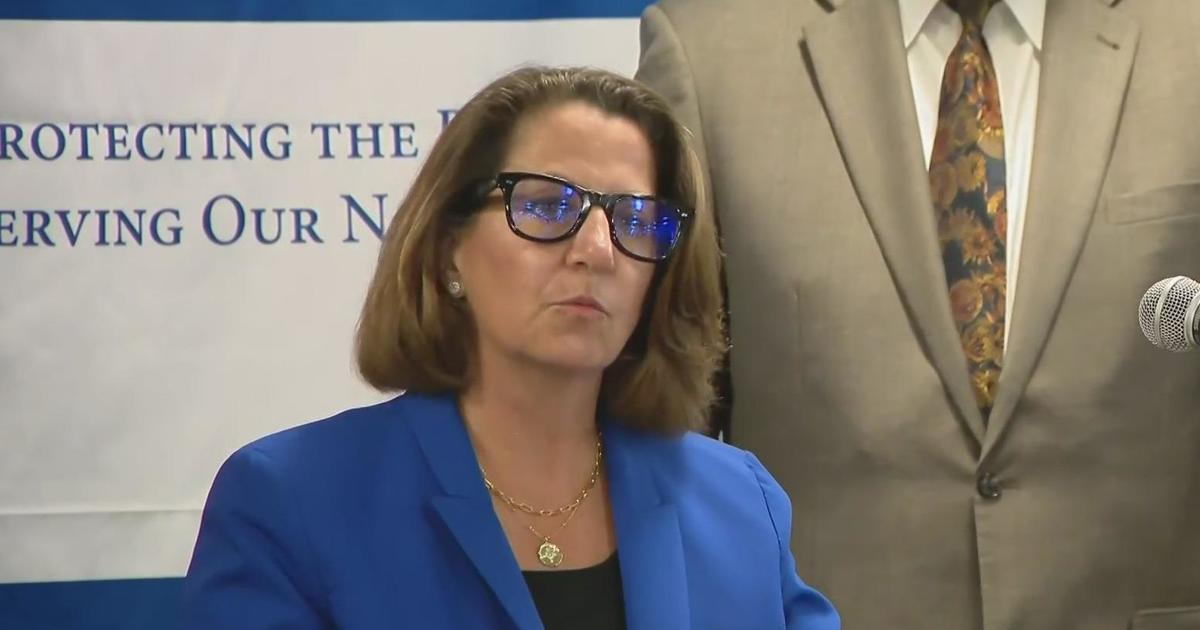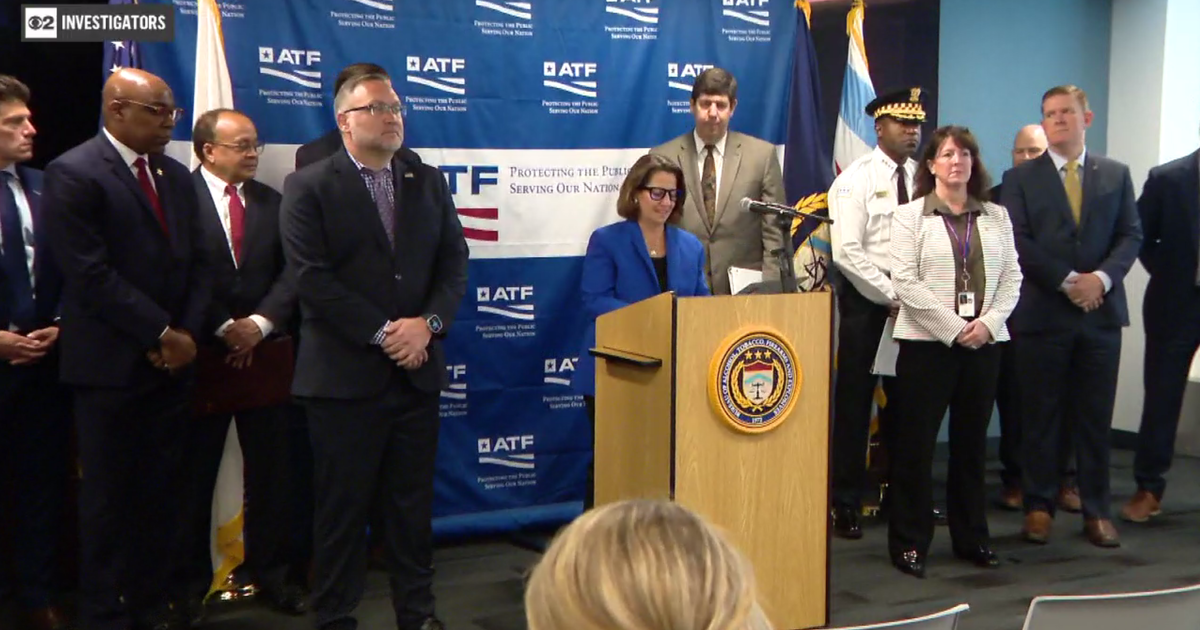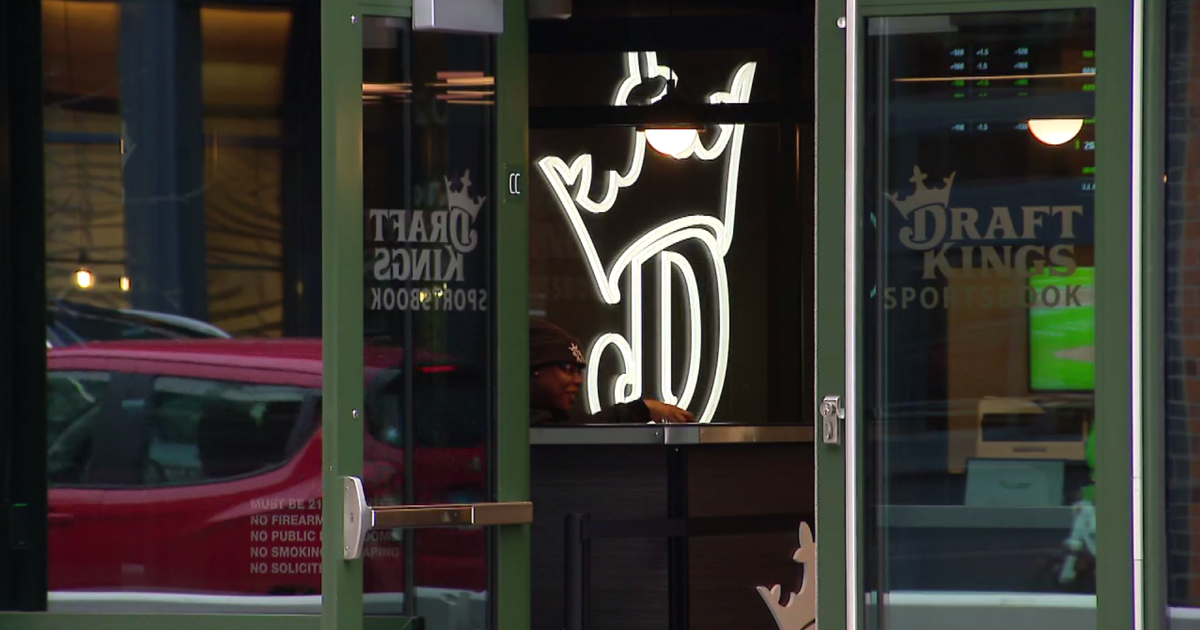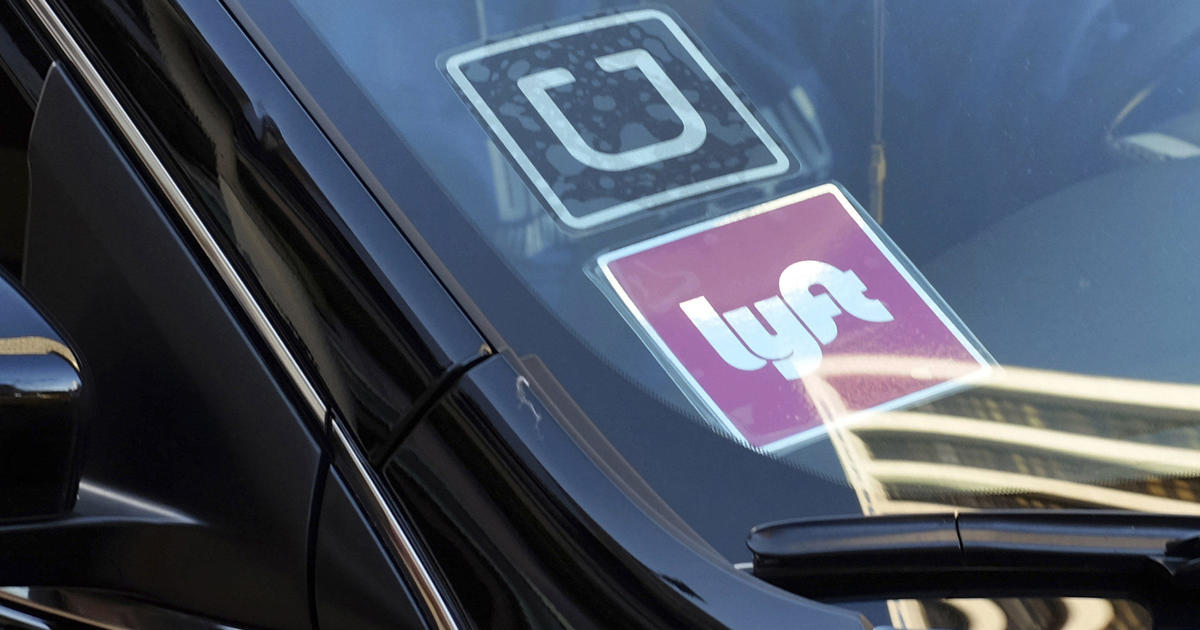Cyber-Crime Becoming Top Priority For Federal Law Enforcement
(CBS) -- Cyber-crime will soon be federal law enforcement's number one fight, even above terrorism. The billions of dollars a year business which targets everyone from big banks, to big brother, to you.
In his original report, Brad Edwards goes one-on-one with the region's top cyber cop and exposes the risks you may not even realize you face.
Chicago's FBI cyber-threat point-man, Tim Hearl, admits -- it's a catch up game to catch cyber criminals.
"The bad guys will always be a half a step ahead," said Hearl.
Guys like Guccifer -- a Romanian hacker arrested for breaking into e-mail accounts of Obama administration officials.
"The cyber-threat will overtake and be our number one priority moving forward," said Hearl about the move towards making cyber threats number one on the FBI's threat list.
The worst threat says Hearl, "Zero day attacks."
That is when new malware hits the Web and no one knows how to stop it.
"Most companies, it will take months before they realize there's been a compromise to their system," said Hearl.
Recent examples are plenty including repeated store breaches. Then there was the massive banking attack -- 253 financial institutions hacked with untold amounts of money gone.
There also are the personal attacks. Loyola University professor Ralph Braseth suffered hackers destroying two computers.
"I've had it with computers," said Braseth. "They drive me nuts."
His Facebook was hacked too.
"I released my hands away from the keyboard and I'm watching my copy being manipulated. I'm watching my photograph being replaced," said Braseth.
College student Megan Carabelli's credit was compromised by hackers.
"My account had been breached," said Carabelli who also suffered her e-mail being hacked. "They had deleted an entire chunk of e-mails in my inbox."
Malware can be cheap, easy to get.
"It's frighteningly easy," said Hearl.
He says tens of thousands of attempted cyber-attacks happen every day, including against our infrastructure, water systems, electrical grids, telecommunication and banking. Cyber-attacks against those targets increased 20-fold from 2009 - 2011 according to a U.S. Military assessment.
"That's not a 20 percent increase," said Hearl. "That's a 20-fold increase, so the sheer volume of potential attacks are huge."
Even your car can leave you vulnerable. Christopher Valasek, a computer security expert, hacked into and took control of a car to show what needs to be fixed.
"They [cyber hackers] could disengage the brakes, they could apply the brakes, they could steer, they could accelerate," said Valasek.
"It's a scary thought," said Hearl.
The FBI is devoting more money and resources to fight cyber threats.
In order to protect yourself, use complex passwords with at least eight characters, a number and symbol. Also, set your security software so it automatically updates when a new fix is implemented. Make sure your browser also is updated so it too has the latest protections.
For Cyber-security tips and resources for individuals, visit onguardonline.gov.
Businesses can use FCC.Gov/cyberplanner to create a customized cyber-security plan.
FBI Tips:
• Set up your security software for automatic updates.
• Update your security software and browser.
• Turn on your firewall and consider using a medium or high setting.
• Keep your password complex -- 8-12 characters, add a number and a symbol. Change that password every four to six months.
• Make sure whatever site you go to is the legitimate site. Do not go to a Web site using a link or you could end up at a spoof site.
• When online shopping, make sure the URL has an "S", so you know you are at a secure site. (HTTPS instead of HTTP)
• If a retailer you use gets hacked, change your password to your online account for that store. If your computer gets hacked, make sure to change all your online retailer passwords.



